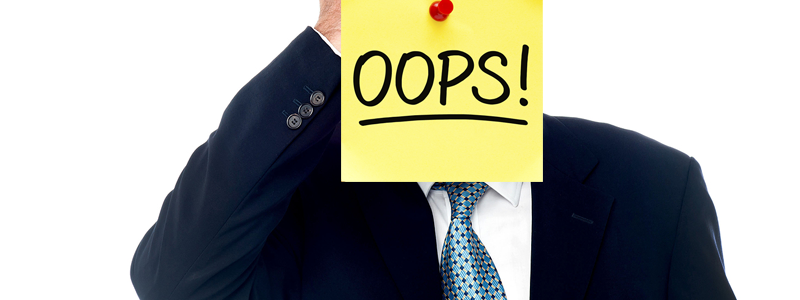What are your values?
As a business owner, do you lead by example or simply stay in the background?
Reputation, culture, presence; they are more than just simple terminologies, your opinions as a business owner impact the company.
If you’re a volatile twitter user, you’ll see how that can go sideways. If you’ve got a penchant for bad jokes, likewise, you may very well end up sinking good fortunes.
We’re going to list off a few classic and more modern examples of business owners burning more than just bridges. These are lessons to learn from and mistakes to avoid.
Doing a Ratner
In 1991, Gerald Ratner of Ratner Jewellers managed to erase £500 million from his companies stock with just two jokes.
Before this memorable occasion, Ratner Jewellers made a name for itself as a low-cost bargain jeweller, offering luxury items at affordable prices. That was until his infamous speech.
At a private conference held by the Institute of Directors, housing business professionals and journalists alike, Ratner rattled off in his 25-minute speech, a couple misplaced jokes.
He said:
Consequently, he soon resigned as chairman of the company, and they hurried to rename itself away from the controversy as the signet group.
Sometimes it doesn’t pay to be a comedian.
What if it wasn’t a joke, but your words took out of context?
Hooligans of whatever
This supposedly happened to the former brand chief of Topman, David Shepherd. In an interview with the magazine menswear, he described topman customers as “Hooligans of whatever” likening them to criminals.
While the hooligan comment may have come off brash, he then went to on describing their customers to wearing suits not for work, but, for court.
With the damage done, soon after publication, the companies shares fell by nearly 5%. They say any press is good press, yet, this tells a different story. Keep in mind; context is important, what you think is a harmless joke could be misinterpreted and used against you.
Speaking of thinking before you speak.
Funding Secured.
2018 has been an interesting year for the Ceo of Tesla, Elon Musk.
Here’s a small refresh:
- Told everyone that the production of Tesla vehicles was a “manufacturing hell“.
- Berated financial analysts questions, ignoring “boring boneheaded questions“.
- Made a plan to emerge a submarine to rescue the 12 boys and football coach trapped in a cave. After his idea was shut down, he tweeted that the diver in charge of the operation was of an unsavoury reputation.
Finally.
- He sent a tweet out suggesting he would take his public company, private and had secured the funding. (this wasn’t the case).
And the consequences?
Apart from being tarred and feathered in the news, lawsuits arising from the diver accusations and charges of stock manipulation. He also had to leave his post as the chairman of Tesla.
As a man who appears to be micromanaging every single business decision, this forced movement of power probably hit the hardest.
Despite his volatile attitude towards detractors and harsh, uncompromising vision. He still has a swath of those embracing him in a sort of skewed hero worship.
It’s often claimed that staying out of the picture is a safer option.
Jeff Bezos of Amazon is a good example of this in practice.
Final thoughts
While these examples come from big corporations, they still serve as lessons as what not to do in the public eye. Small businesses have a tough time already, fighting to be mainstays and concrete prospects. If it came down to a tweet, a post, a rant, a controversial opinion. Something so simple and innocuous could lead to a bitter downfall.
On the other hand, for a business with no name, no recognition, its owners’ personality may bring it to life.
Now, what if a blunder happens?
Failures open up flaws and flaws humanise people.
While it may not be the best course of action to hire a 24/7 damage controller because of your wild devil-may-care attitude.
To have a unique personality shouldn’t be seen as corrosive, keep in mind what you say before you say it, that’s all.
Or you could be like Michael O’ Leary, the chief executive of Ryanair.
Here are some “inspiring quotes” from the man who says whatever he wants:
If you can’t find a low fare on Ryanair: “You’re a moron.”
On apologies: “Are we going to say sorry for our lack of customer service? Absolutely not.”
And the best one of all.
How to keep employees motivated and happy: “Fear.”
For more articles for small business owners, try some of these popular articles we’ve done:
How SMEs Can Demonstrate Social Value
Card versus cash policy small businesses
22 Google Sheets Tips & Tricks
Back

